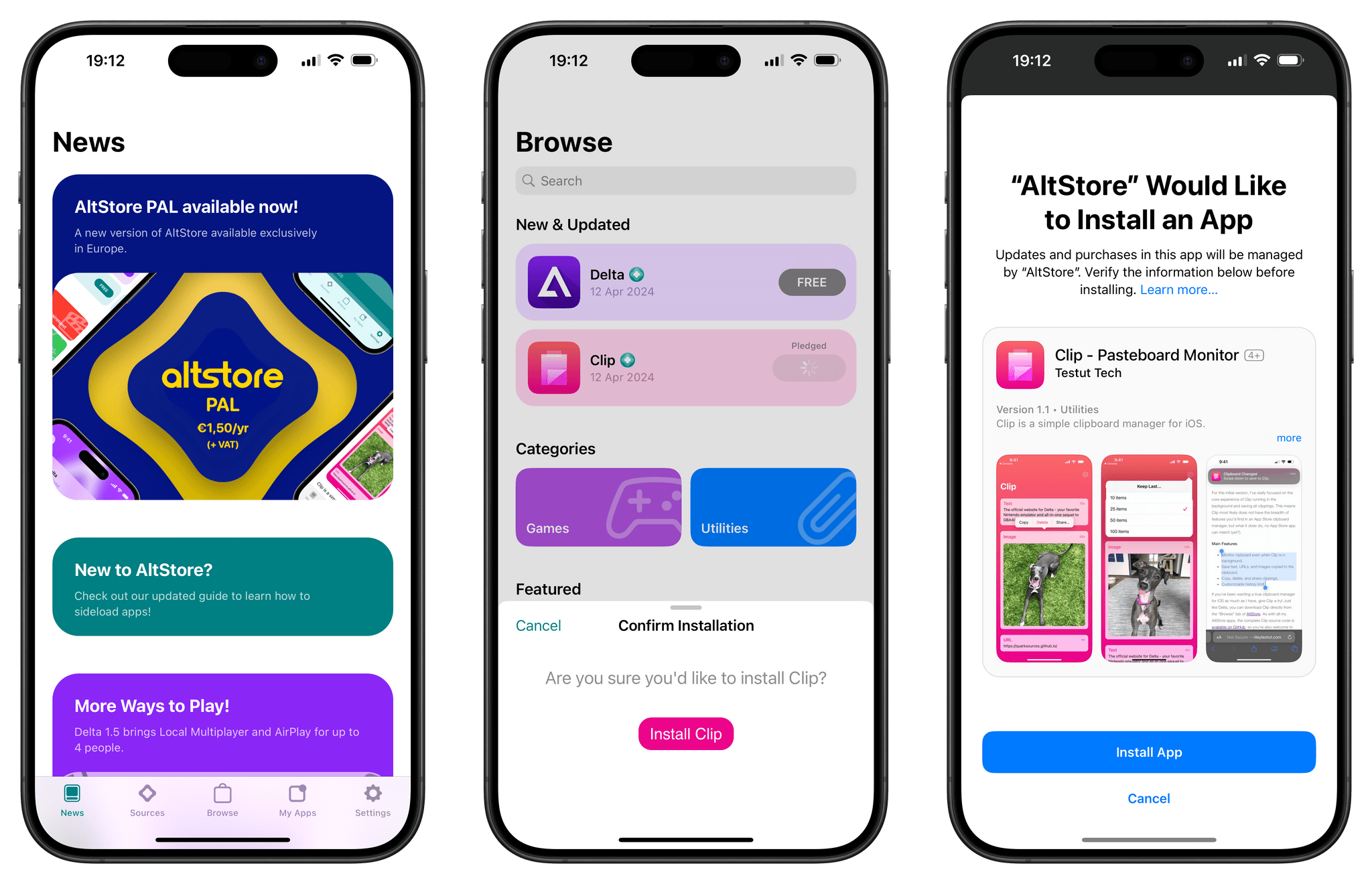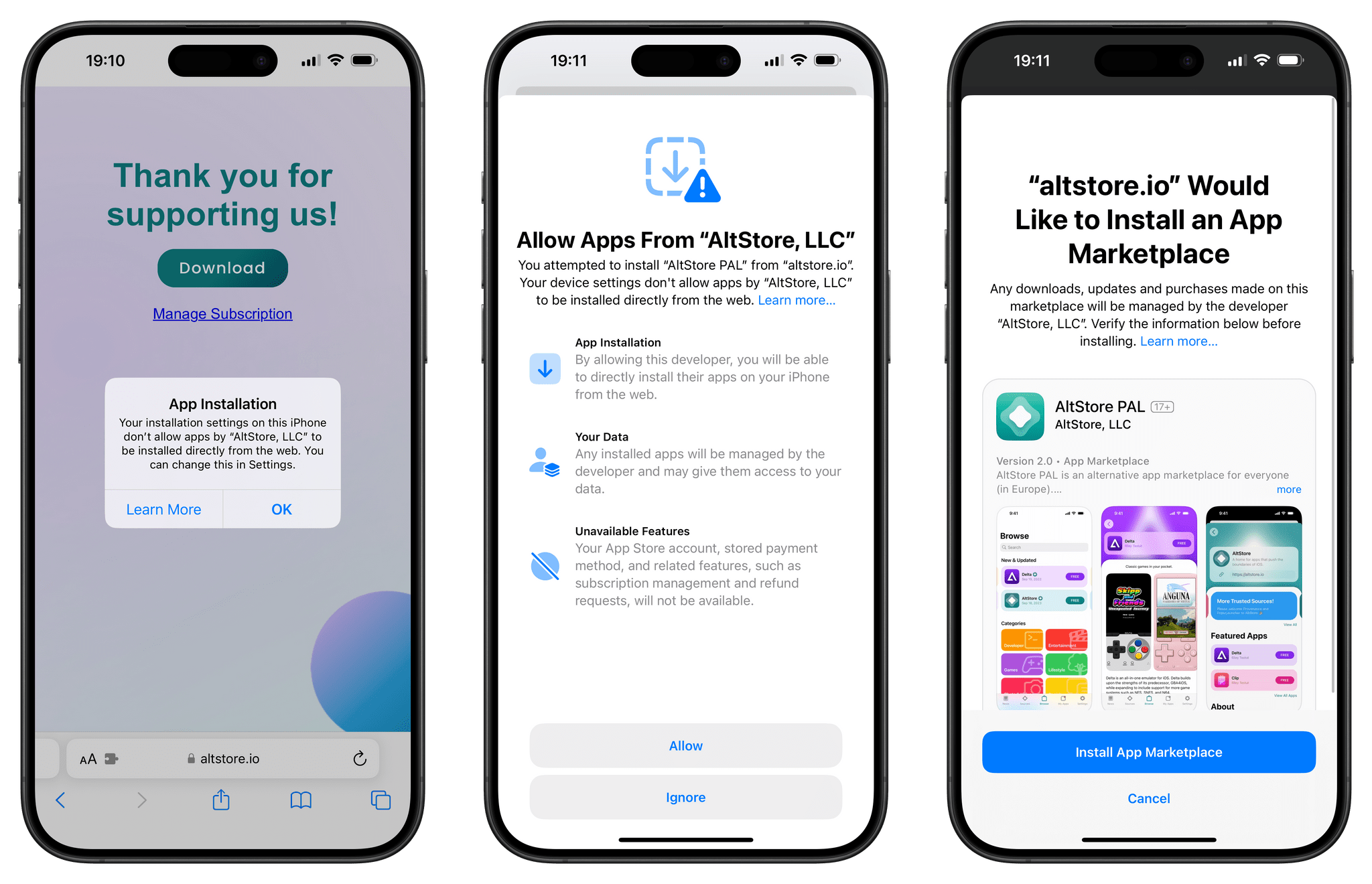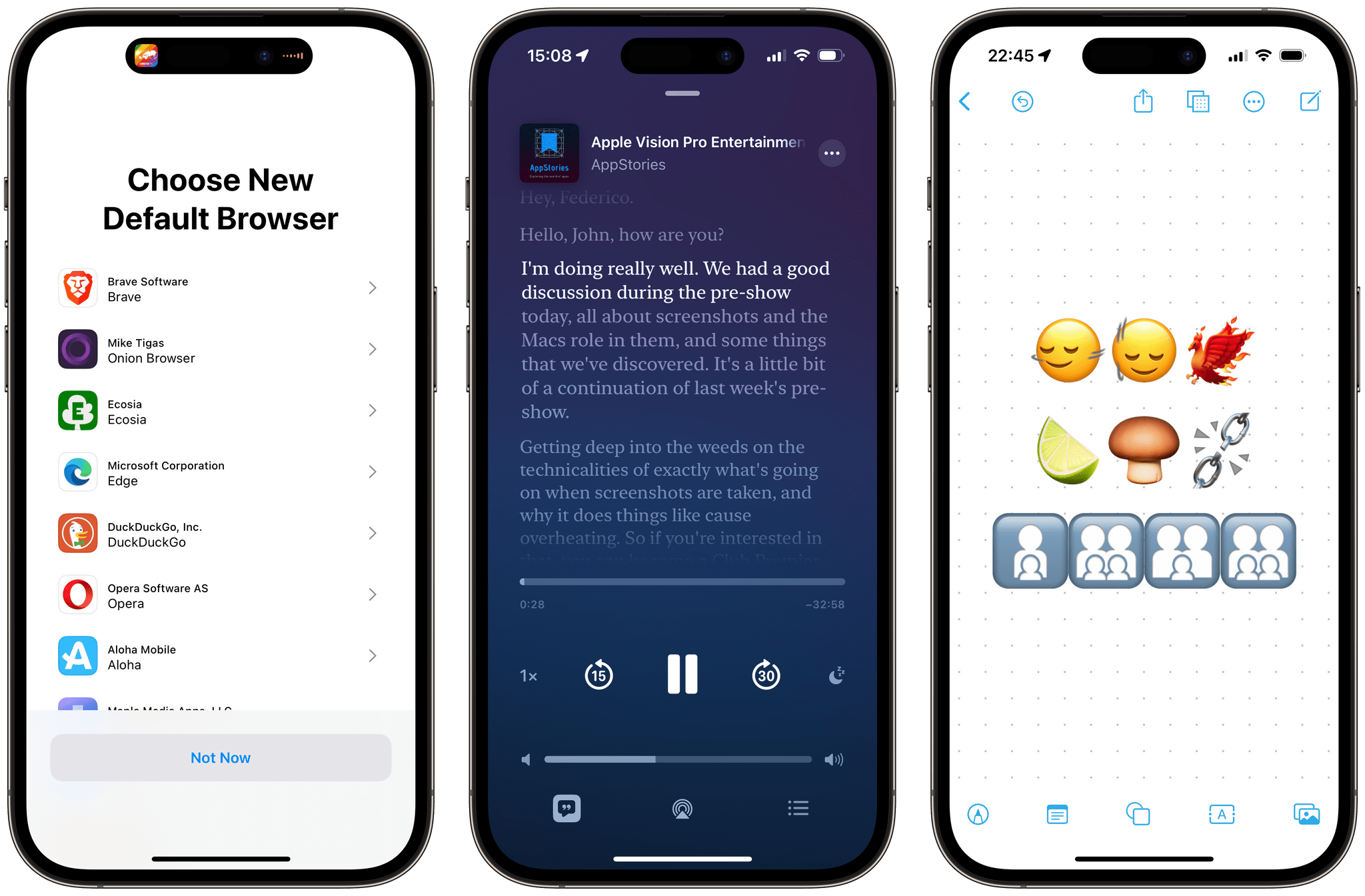Today, the European Union announced that it has added iPadOS to the products and services subject to the Digital Markets Act (DMA). The designation gives Apple six months to comply with the DMA.
In a press release, the European Commission said:
The Commission’s investigation found that Apple presents the features of a gatekeeper in relation to iPadOS, as among others:
- Apple’s business user numbers exceeded the quantitative threshold elevenfold, while its end user numbers were close to the threshold and are predicted to rise in the near future.
- End users are locked-in to iPadOS. Apple leverages its large ecosystem to disincentivise end users from switching to other operating systems for tablets.
- Business users are locked-in to iPadOS because of its large and commercially attractive user base, and its importance for certain use cases, such as gaming apps.
On the basis of the findings of the investigation, the Commission concluded that iPadOS constitutes an important gateway for business users to reach end users, and that Apple enjoys an entrenched and durable position with respect to iPadOS.
In a statement to Bloomberg, an Apple spokesperson said that:
…the company remains focused on delivering for European consumers, “while mitigating the new privacy and data security risks the DMA poses.”
iOS is already subject to the DMA, and Apple’s response meant that actions it took to comply with the law did not apply to iPadOS, leading to incongruous differences between the platforms. With the addition of iPadOS under the purview of the DMA, I expect some of those differences will need to be ironed out.









](https://cdn.macstories.net/banneras-1629219199428.png)